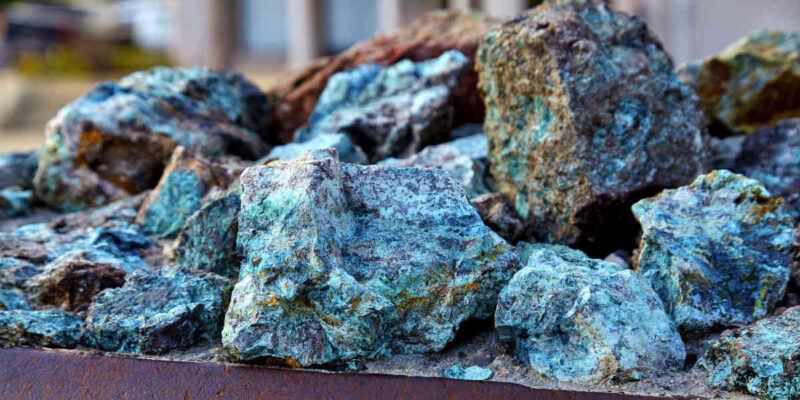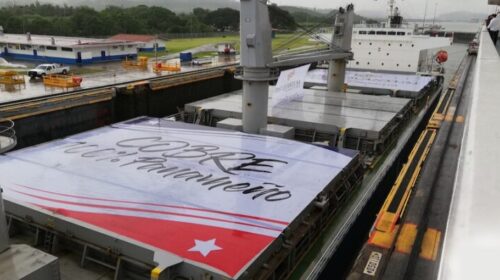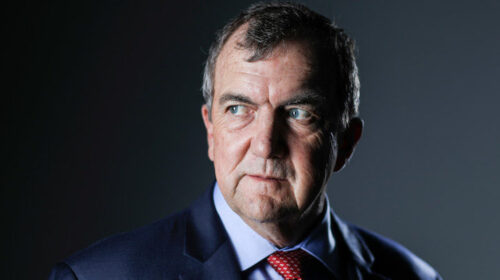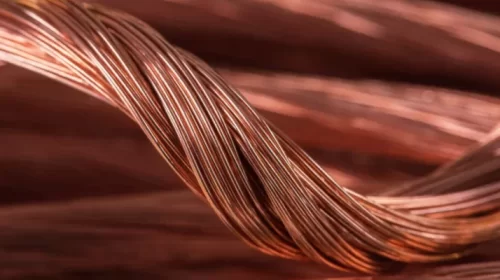Cobalt prices flat despite temporary DRC export ban
Global cobalt prices were steady yesterday, as market participants shrugged off a temporary ban on exporting cobalt and copper concentrate from the Democratic Republic of Congo (DRC).
European prices for cobalt metal were assessed unchanged yesterday at $19.80-20.50/lb du Rotterdam for chemical and alloy grades. Chinese domestic prices were also stable at Yn334-365/kg ($52-57/t) ex-works, while cobalt hydroxide prices held at $18-19/lb cif China amid muted spot trading activity.
Market participants have been largely unphased by the DRC government’s announcement last week that it would ban exports of copper and cobalt concentrate, given most of the country’s cobalt exports are in the form of hydroxide. Any cobalt concentrates leaving the DRC are likely to be from artisanal mined supply, causing problems for downstream consumers that have recently placed emphasis on responsibly sourced material.
The announcement was rescinded almost immediately, and a market participant with close knowledge of DRC mining operations said it was potentially a “negotiation tactic” by the government directed at copper producers. The announcement coincided with the opening of the world’s largest copper mine, Kamoa-Kakula, by Canada’s Ivanhoe Mines.
Cobalt market stabilising
Global cobalt prices have stabilised since bottoming out in May. European prices reached a low of $19.30-20.30/lb on 20 May before rising by 35¢/lb on 25 May.
European traders have recently started purchasing more material, but only in small volumes. Meanwhile, buying activity in China has slowed since a first quarter rally, as metal and chemical producers work from existing inventories.
Both major cobalt end-use sectors — automotive and aerospace — have faced significant headwinds in the second quarter, which are likely to continue into the third.
A semi-conductor shortage in the automotive sector has reduced output at a number of carmakers and is expected to continue in the second half of the year . Car production in several countries has fallen sharply as a result —in Japan it dropped by 18pc on the month in April. Chipmaker Intel’s chief executive, Pat Gelsinger, warned an industry panel early this week that the problem could take “several years” to clear and it threatens the rollout of electric vehicles.
In the aerospace industry, there are early signs of metal demand re-emerging, but market participants expect it to be a slow and gradual recovery. Europe’s Airbus recently told suppliers that it plans to ramp up airplane production, returning to its pre -pandemic level of output in 2023-25
![]()





